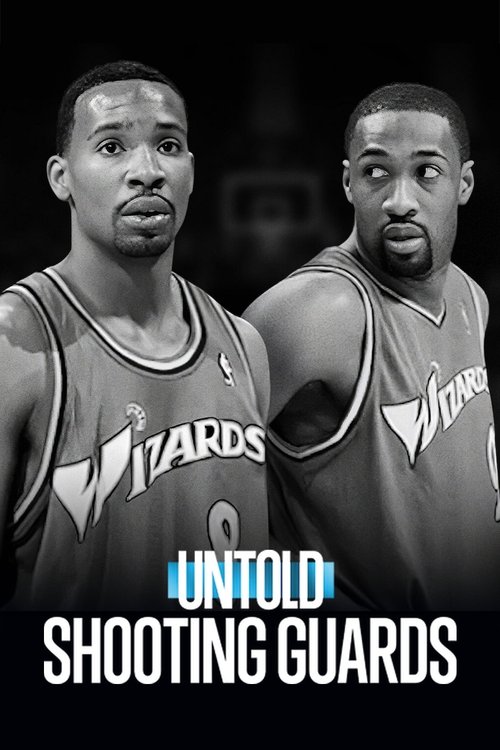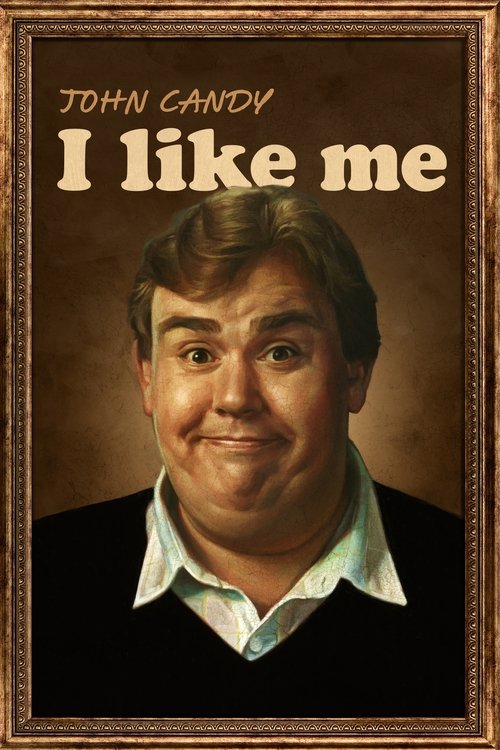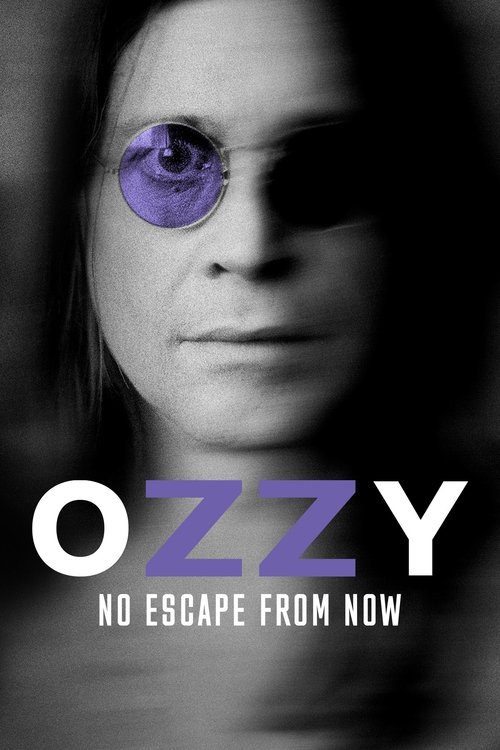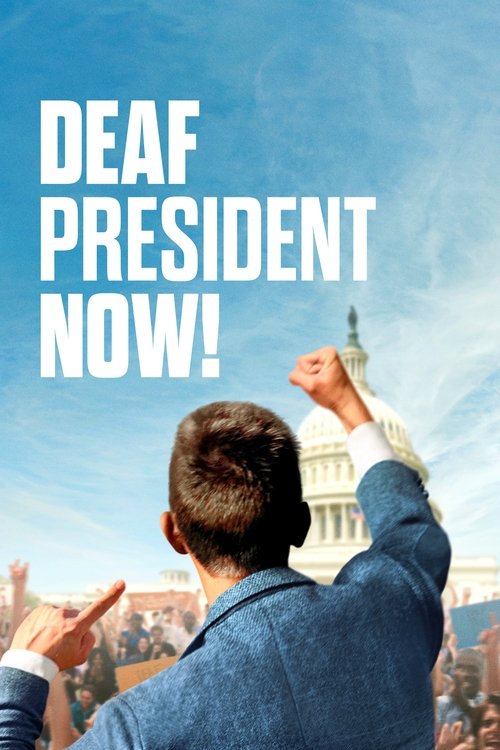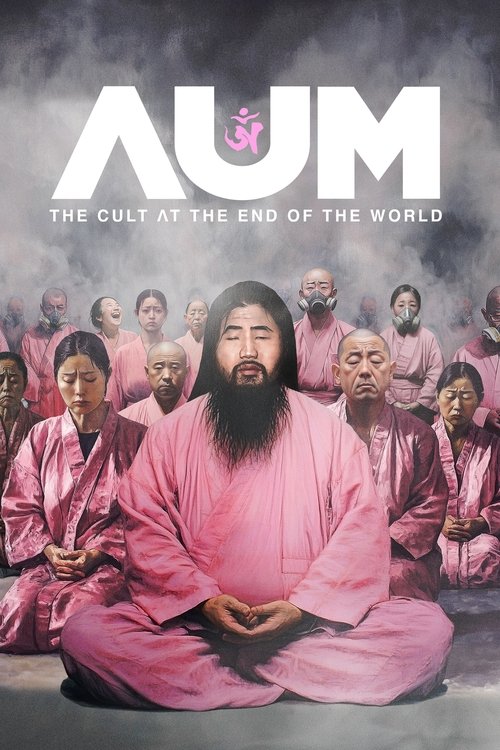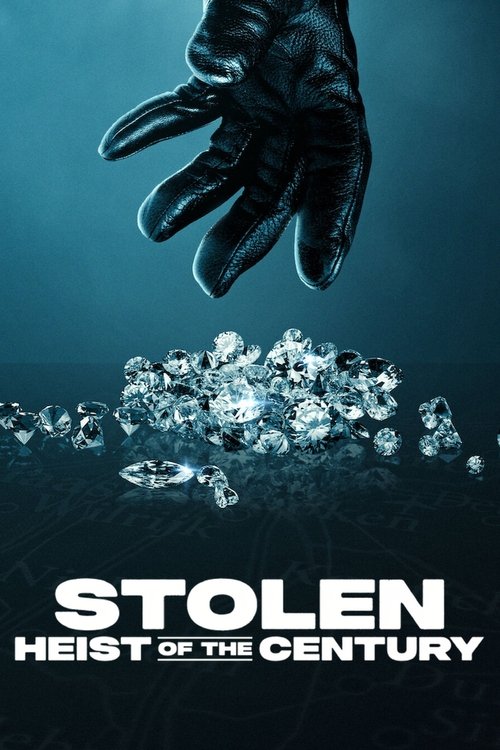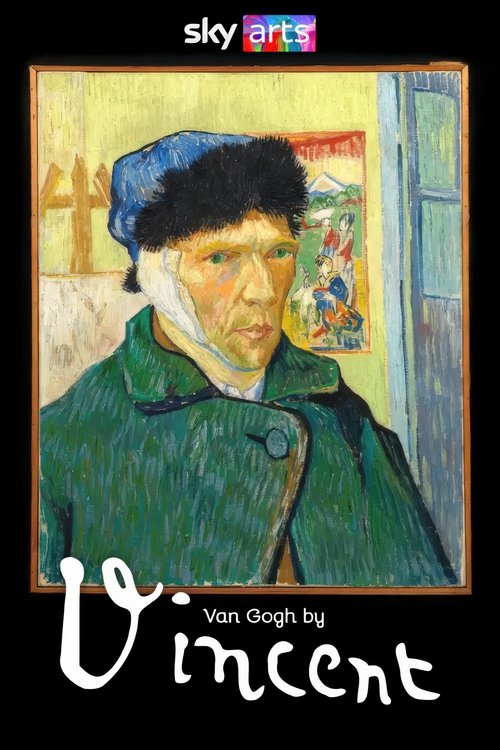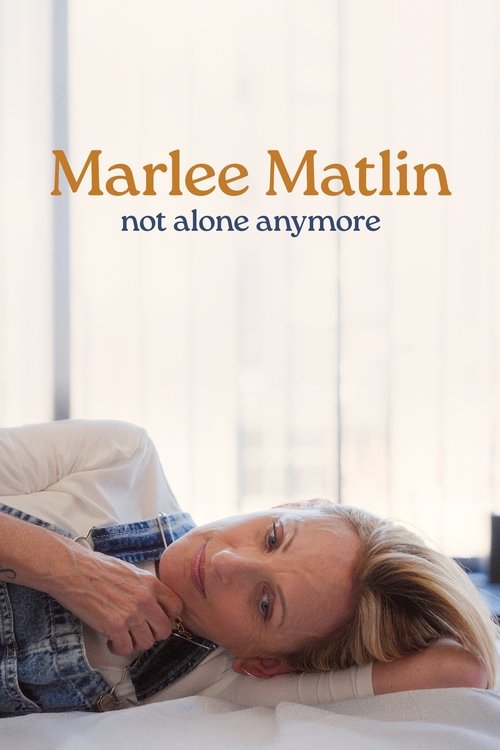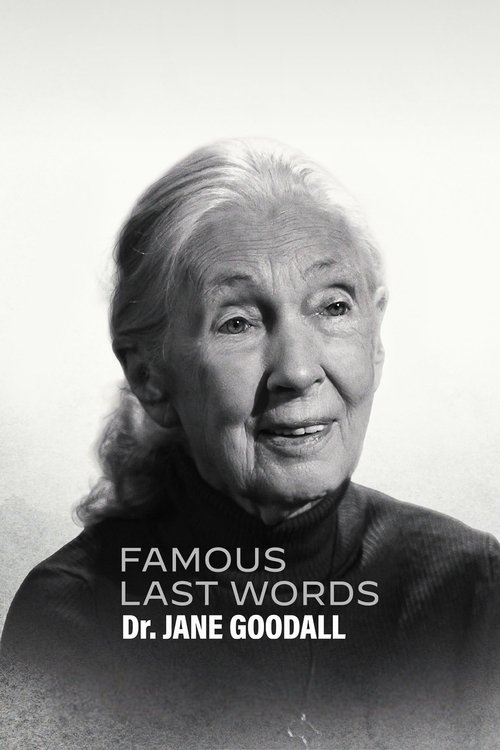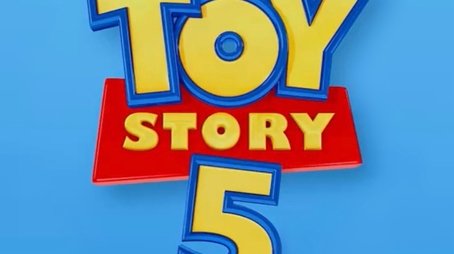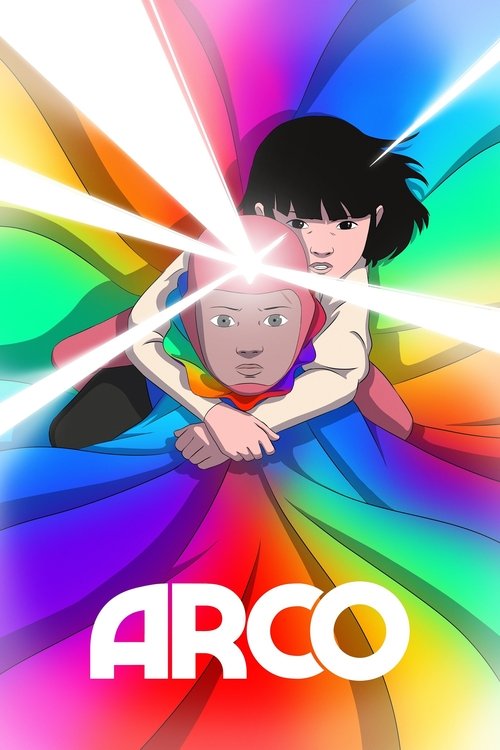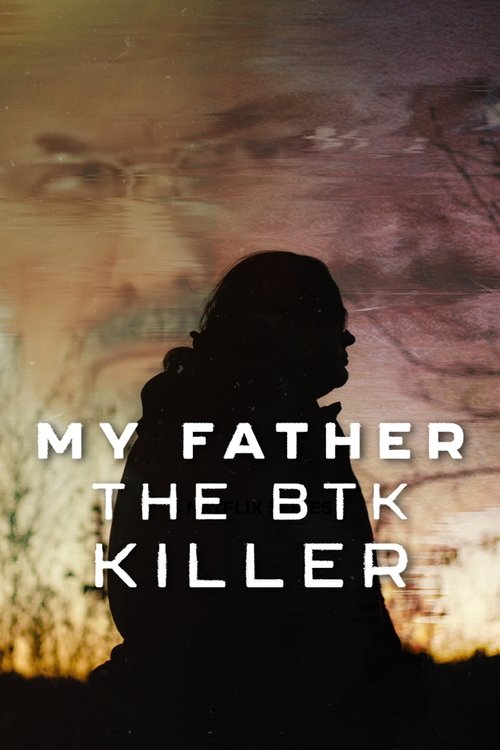
Ask Your Own Question
What is the plot?
More Movies Like This
Browse All Movies →
What is the ending?
Is there a post-credit scene?
What specific events led to the 2009 locker room gun incident between Gilbert Arenas and Javaris Crittenton?
The incident began with a heated argument over a card game and gambling between Gilbert Arenas and Javaris Crittenton, which escalated to both men bringing guns into the Washington Wizards' locker room. The documentary details how this conflict spiraled, including a measuring contest involving guns to prove courage, which was miscommunicated to the media, intensifying the fallout.
How did the 2009 locker room incident affect the careers of Gilbert Arenas and Javaris Crittenton?
The incident had long-lasting negative effects on both players' careers. Arenas, once a superstar and three-time NBA All-Star, fell from grace and was excluded from legendary status lists. Crittenton, a former college star and Lakers draftee, struggled to maintain a basketball career, bouncing around teams and leagues before ultimately giving up the sport.
What role does Javaris Crittenton's life after basketball play in the documentary?
The documentary covers Crittenton's troubled post-basketball life, including his involvement with gangs in Los Angeles, multiple robberies against him, and his decision to investigate who had stolen from him. This led to a tragic drive-by shooting that killed Julian Jones, a 22-year-old mother of four, an event that deeply impacts the narrative.
How do Gilbert Arenas and Javaris Crittenton reflect on their actions and the consequences in the documentary?
Both men provide detailed and remorseful accounts of the locker room incident and its aftermath. Arenas calls his past self a 'goofball' and discusses media hostility, while Crittenton, who served a decade of a 23-year sentence for killing Julian Jones, appears much changed and expresses a desire to help others avoid similar mistakes.
Does the documentary address any conspiracy theories related to Javaris Crittenton's early release from prison?
Yes, the documentary touches on conspiracy theories about why Crittenton was released before completing his full sentence. It suggests that privileges related to money and power may have played a role, highlighting disparities in the justice system.

